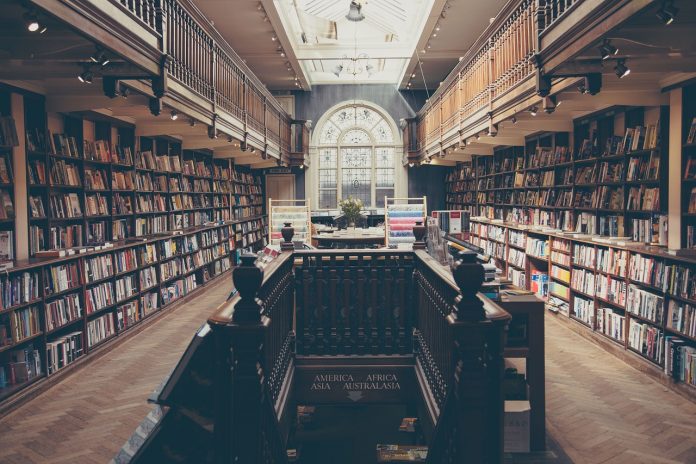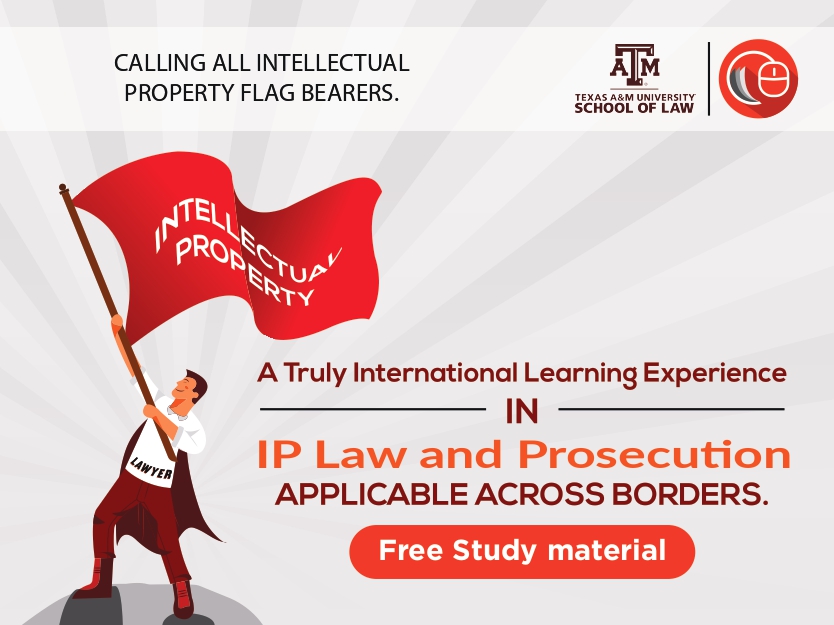This article is written by Amruta Pai who is pursuing a Certificate Course in Intellectual Property Law and Prosecution from LawSikho.
Table of Contents
Introduction
Intellectual property rights (IPRs) are economically and politically important today. The empirical evidence on the model of intellectual property protection in innovation and growth remains limited and inconclusive. The wisdom of knowledge transferred through words or written text stored either in libraries or archives. On the IP rights view, the same expertise is protected under the label of copyright law, allowing everyone to use the same knowledge legally only. It’s important to under the terminology:
A library collection of books and periodicals is held in a library, whereas Archives means collecting historical documents or records providing information. The policy-making law shall decide how to address the fair use of the knowledge under the copyright law, which are essential questions that policymakers need to address to design intellectual property laws and policies that best meet their people’s needs and negotiate effectively in the future.
The main difference between library and archive is that the library is used to collect books that can be circulated among the people where is an archive at those collections of information stored, which may not be available for circulation among the people. The copyright law covers both of them. The question is about what is a love to be copied from a library and the archive for the fair use of the information that can be in the form of audio text or written book. It isn’t easy to make different exceptions for both since both are collections of books of information and are to be used to pass on the info amongst our societies or people. It has changed over some time to protect data and the distribution of knowledge among the people.
Berne: Three-Step Test-Article 9(2): it is a matter for legislation in the countries to permit the reproduction of such works in certain exceptional cases, provided that such reproduction does not conflict with a normal exploitation of the work and does not unreasonably prejudice the legitimate interests of the author
TRIPs: Article 13: the members shall be confined limitations or exceptions to exclusive rights to certain exceptional cases which do not conflict with a normal exploitation of the work and do not unreasonably prejudice the legitimate interests of the right holder
General Library Exception
From the Tunis Model Act: The reproduction, by a photographic or similar process, by public libraries, non-commercial documentation centres, etc. in any other manner, artistic or scientific works which have already lawfully made available to the public, provided that such reproduction and the number of copies made are limited to the needs of their activities, do not conflict with the normal exploitation of the work
The Bangui Agreement
As per the provisions of Article 9, a library or archive service in whose activities are not directly or indirectly for profit-making may, without the consent of the author or other holder of the copyright. Make single copies of a work utilizing reprographic reproduction, where the work reproduced is an article or a short extract from a written work, other than a computer program, with or without illustration, published in an issue of a newspaper or periodical, etc. and where the purpose of reproduction is to meet the request of a natural person; having been lost, destroyed or made unusable, replacing it or, for replacing a copy that has been lost, destroyed etc.
Under Indian law provides exceptions to libraries for copyrighted works under the statutory fair dealing provisions of the Copyright Act as per S.52 and under the judicially created fair use exception. The law permits the use of copyrighted works by libraries for the following purposes: Research and education; Instructions, teaching and training; Private study; etc.
To know more about Copyright please visit
Fair dealing and fair use exceptions are provided under Section 52 of the Copyright Act. They have emanated from the different court decisions, notably the Delhi High Court decision in The Chancellor, Masters & Scholars of the University of Oxford & Ors vs Rameshwari Photocopy Services concerning photocopying. The above plaintiff states that books that photocopied were directly a case of reduction of the entire book, which is the same as the original and is a violation of the copyright laws. Whereas the defence was used under fair use under copyright laws.
In the current situation recognized incredibly high costs of educational materials in the developing world, like India, along with the existing prevalence of piracy, the importance of copyright law for developing countries is evident. Developing countries like India must set out their copyright laws in ways that maximize the availability of low-cost books and the ability of educational institutions to provide learning materials through distance learning programs without having to pay prohibitively high royalties.
The primary way to promote equal access within the space of education to make sure that copyright laws have sturdy exceptions and limitations that change the use of fabric for academic functions. Exceptions and limitations shall be the shape of statutory regulations or compulsory licenses or other law. These exceptions are also either paid or unpaid among the context of honest dealing provisions, used somewhat.
Exceptions for educational uses within the Copyright Act of the Republic of India is found each in provisions managing statutory licenses. Also, as within the honest dealing conditions, any revisions to those exceptions should align with India’s relevant international legal obligations, precisely the national capital Convention and journeys.
Developing countries should be allowed to keep up or adopt broad exemptions for academic, analysis and library use in their federal copyright laws. The implementation of international copyright standards within the developing world should be undertaken with a correct appreciation of the continued high level of would like for up the provision of those merchandise and their crucial importance for social and economic development.
Sec. 52 of the Copyright Act was first a signatory to the Berne Convention, which recognizes an exception for “teaching purposes” 47 in Article 10(2). The same provision inserted into the TRIPS Agreement through Article 9(1) of TRIPS which provides that it may be a matter for legislation in the countries of the Union, and for special agreements existing or to be concluded between them, to permit the utilization, to the extent justified by the purpose, of literary or artistic works by way of illustration in publications, broadcasts or sound or visual recordings for teaching, provided that such utilization is compatible with fair practice.
The question is the scope of permissible exceptions and limitations provisions under India’s existing treaty obligations-the Berne Convention and the TRIPS Agreement. To bring out either r exceptions and limitations allowable under Art. 10(2) of the Berne Convention to satisfy the so-called three-step test—as laid down by either Art. 9 of Berne or Art. 13 of TRIPS. The scope of the exceptions and limitations provisions in the Indian Copyright Act, u/s. 52(1)(g), (h), (i) and (p), and has addressed the educational needs of India, mainly as set out in the National Mission and National Policy on Education
Conclusion
Finally, copyright law exceptions must facilitate both conventional and nontraditional educational initiatives to make pragmatic sense for copyright holders. The copyright exceptions for educational purposes, particularly for literacy programs, do not decrease the market for copyrighted materials because those benefiting from such programs were never potential consumers. And in the long run, of course, by producing more citizens with more excellent literacy skills and earning potential, improved education expands the market for copyrighted materials.
The new digital technology has changed the world and has an impact on all aspects. Outdated and precedents have prevented and deprived people from benefiting any advantage or help. The new updates and advancement for search and resource by the internet and social media have enabled all cross-border information transfer, creating a demand to have access to materials in libraries and archives around the world. The internet being with no boundaries is forcing the undue advantage and rift for copyright rights to dealing with it.
The exception and limitation for libraries and archives need to be for developing nations like India for providing the easy and affordable book for all classes of people to afford it. Hence, it is common to find a photocopied book of expensive textbooks in the local market. A judicial decision is about the violation of copyright; however, the courts took the standpoint of India’s economic condition. There is a financial point to understanding why the expensive books are photocopied thus if there is enough circulation of the books in the library for students to refer and prevent the same from being photocopied in masses.
Indian laws on copyright are rigid but flexible for the culture and society that the Indians have in their mindset. Thus it is sometimes not about the law that is correct. The law that can be enacted for the benefit of all economic classes of the society. When social welfare legislation is enacted the crimes of the society are ended.
References
- https://www.wipo.int/copyright/en/limitations/libraries_and_archives.html
- https://www.wipo.int/edocs/mdocs/copyright/en/sccr_29/sccr_29_presentations.pdf
- http://docs.manupatra.in/newsline/articles/Upload/D4C76CCC-CEB6-4954-B8E3-C80705AC1E3F.pdf
- https://cyber.harvard.edu/copyrightforlibrarians/Module_4:_Rights,_Exceptions,_and_Limitations
Students of Lawsikho courses regularly produce writing assignments and work on practical exercises as a part of their coursework and develop themselves in real-life practical skill.
LawSikho has created a telegram group for exchanging legal knowledge, referrals and various opportunities. You can click on this link and join:
 Serato DJ Crack 2025Serato DJ PRO Crack
Serato DJ Crack 2025Serato DJ PRO Crack











 Allow notifications
Allow notifications


